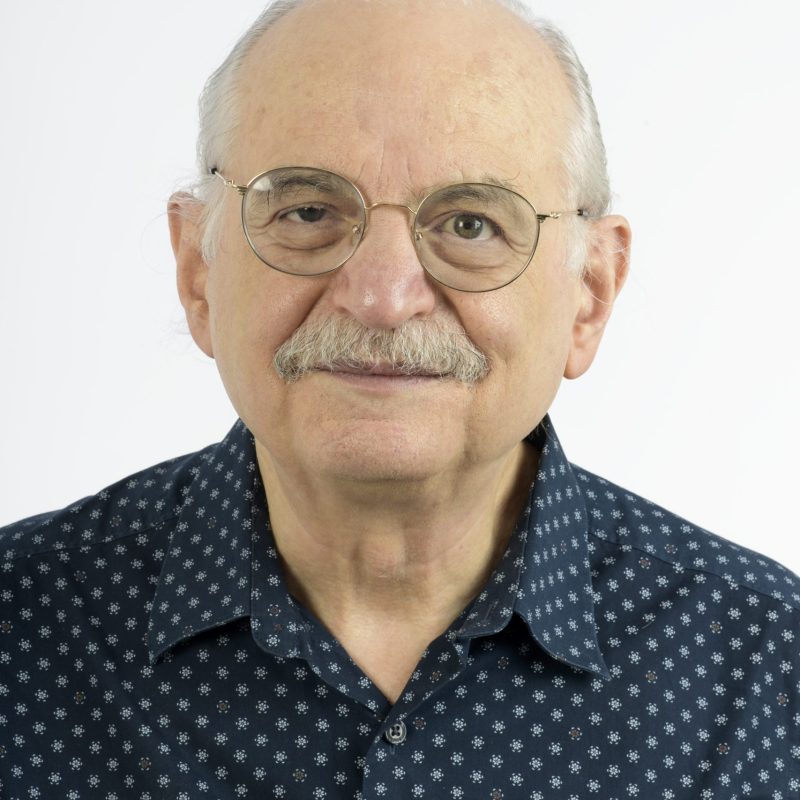
Hospital information
Academic appointments
Professor of Pediatrics, Faculty of Medicine, and associate member, Departments of Human Genetics and Experimental Medicine, McGill University
Other appointments
Website: Montreal Diabetes Research Center
In the past 5 years my efforts have centered on elucidating the molecular genetics of diabetes. I have contributed to both the discovery of new loci and the elucidation of the mechanism of known ones.
Editor-in-Chief of the Journal of Medical Genetics
Community Involvement
Frequent media interviews on diabetes
Education
Medical Degree
Aristotelian University, Greece
Residency
Pediatric Residency, Dalhousie University
Fellowship(s)
Pediatric Endocrinology, Hôpital Sainte-Justine, Université de Montréal
Fun fact about me
My computer-generated artistic creations ( http://virtualbeing.ca ) have illustrated the covers of Nature Genetics, Journal of Medical Genetics, Journal of Immunology and Annals of Human Genetics.









